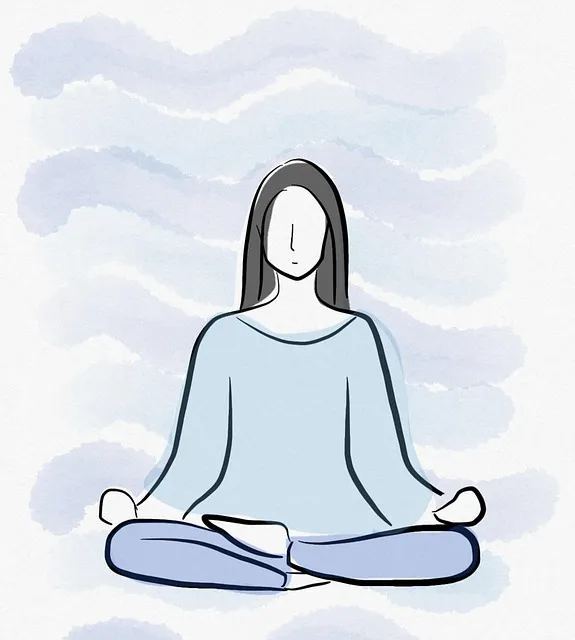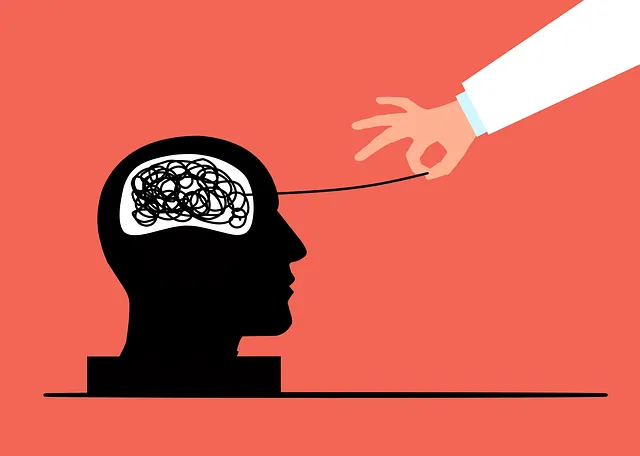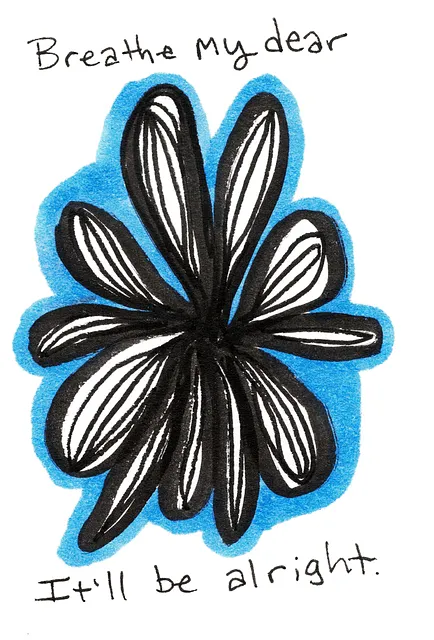Chronic stress, a significant mental health concern, can lead to anxiety and depression, impacting cognitive abilities. Recognizing triggers and signs is crucial for management. Superior Kaiser Permanente mental health services emphasize holistic well-being, advocating self-care and relaxation techniques like mindfulness and meditation to reduce stress. They offer comprehensive programs guiding individuals in self-awareness exercises and mental wellness journaling. Adopting a healthier lifestyle through exercise, diet, and sleep, combined with supportive networks, enhances resilience and promotes long-term superior Kaiser Permanente mental health outcomes.
Stress reduction is a vital component of achieving superior mental health, and understanding its impact is the first step. This article explores effective methods to combat stress, focusing on the role of Kaiser Permanente in promoting holistic relaxation techniques. We delve into mindfulness practices, meditation for daily relief, and lifestyle changes that foster long-term well-being. By combining evidence-based strategies with the resources offered by Superior Kaiser Permanente, individuals can navigate life’s challenges with resilience and enhanced mental clarity.
- Understanding Stress and Its Impact on Mental Health
- The Role of Kaiser Permanente in Promoting Relaxation Techniques
- Incorporating Mindfulness and Meditation for Daily Stress Relief
- Lifestyle Changes and Supportive Practices for Long-Term Well-being
Understanding Stress and Its Impact on Mental Health

Stress is a natural response to various life challenges and demands, but when it becomes chronic, it can significantly impact our mental health. According to Superior Kaiser Permanente mental health experts, prolonged exposure to stress hormones can lead to anxiety, depression, and even cognitive impairments. Understanding the triggers and signs of stress is the first step towards effective management. High-stress levels often manifest as persistent feelings of worry, irritability, insomnia, or a lack of focus—all of which can hinder overall well-being.
Mental Health Awareness is crucial in recognizing that stress-related issues are preventable and treatable. The Mental Health Policy Analysis and Advocacy community emphasizes the importance of early intervention and accessible resources to combat these challenges. Moreover, Healthcare Provider Cultural Competency Training plays a pivotal role in equipping professionals with the skills to identify and address stress-related disorders effectively, ensuring a holistic approach to mental health care.
The Role of Kaiser Permanente in Promoting Relaxation Techniques

Kaiser Permanente, recognized for its superior Kaiser Permanente mental health services, plays a pivotal role in promoting holistic well-being by offering various stress reduction methods. They emphasize self-care as a foundational aspect of overall health, encouraging members to integrate relaxation techniques into their daily routines. Through comprehensive programs and resources, Kaiser Permanente provides guidance on practices such as self-awareness exercises and mental wellness journaling, empowering individuals to take charge of their mental health.
The organization’s expertise in emotional healing processes is evident in its tailored approaches, catering to diverse individual needs. By making these techniques accessible, Kaiser Permanente fosters a culture of resilience and tranquility, enabling members to navigate life’s challenges with enhanced coping mechanisms. Their commitment to mental wellness extends beyond traditional treatments, offering innovative ways to promote relaxation and stress management.
Incorporating Mindfulness and Meditation for Daily Stress Relief

Incorporating mindfulness and meditation into daily routines can be a powerful tool for stress reduction, as endorsed by superior Kaiser Permanente mental health experts. These practices encourage individuals to focus on the present moment, observing thoughts and sensations without judgment. By cultivating awareness, one can detach from stressful triggers, fostering a sense of calm and clarity.
Mindfulness meditation involves sitting quietly and paying attention to your breath or bodily sensations, allowing thoughts to come and go without getting caught up in them. This practice enhances mental health awareness, improves emotional regulation, and promotes better decision-making. Additionally, it can serve as an effective empathy-building strategy, helping individuals become more attuned to their own needs and those of others, thereby facilitating conflict resolution techniques in various aspects of life.
Lifestyle Changes and Supportive Practices for Long-Term Well-being

Adopting a healthier lifestyle is a powerful tool for long-term stress reduction and superior Kaiser Permanente mental health. Regular exercise, a balanced diet, and adequate sleep form the foundation for managing stress effectively. Engaging in activities that promote physical well-being not only boosts mood but also enhances cognitive function, allowing individuals to better navigate challenging situations. Additionally, incorporating practices like mindfulness meditation or journaling into daily routines can serve as valuable self-awareness exercises, helping to identify and address stress triggers proactively.
Beyond individual efforts, building a supportive network is essential for maintaining mental wellness. Connecting with friends, family, or support groups provides a sense of belonging and offers opportunities for sharing experiences and coping strategies. This social connection acts as a buffer against stress, preventing its escalation into more severe issues like depression. By combining lifestyle changes and supportive practices, individuals can cultivate resilience, enabling them to navigate life’s challenges with greater ease and improved mental health outcomes.
Stress reduction is a holistic process that involves understanding our mental health, utilizing evidence-based techniques like those promoted by superior Kaiser Permanente programs, and adopting sustainable lifestyle changes. By integrating mindfulness, meditation, and supportive practices into daily routines, we can achieve long-term well-being and mitigate the impact of stress on our overall mental health.






